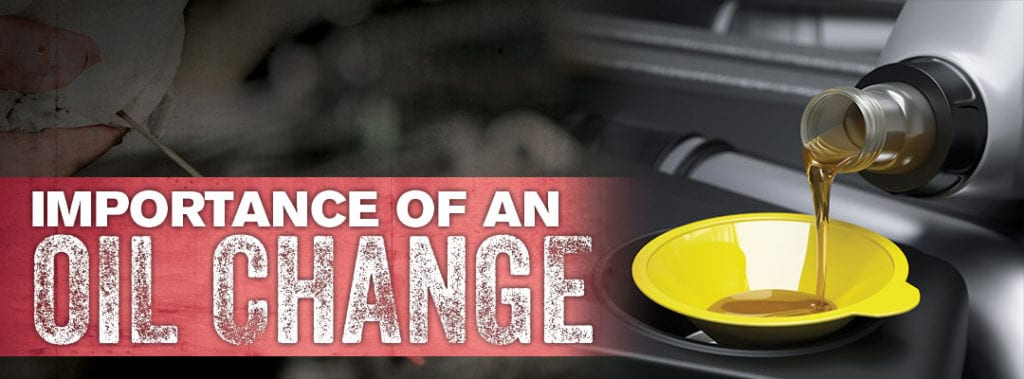
Oil is the lifeblood of your vehicle. It keeps the many components of the engine working efficiently, and it helps reduce the accumulation of varnish and carbon from collecting on the engine. As you’re aware, the engine can get very hot from the thousands of small explosions taking place every minute; oil helps pull the heat away from the combustion chamber essentially preventing the engine from blowing up. As oil collects heat, varnish and carbons during the course of protecting and keeping the engine running smoothly, it eventually becomes less like liquid and more like sludge. No matter how good the oil is, eventually it degrades as the additives get used up. That’s when you should have your oil changed.
How often and what kind of oil should be used? It will depend on the type of oil you choose to use, what kind of car, and how often you drive. This is where your owner’s manual will come in handy. The old adage suggests every 3 months or 3,000 miles. The amount of mileage you drive is more important than the amount of time. You may go on a road trip and burn through a few thousand miles in a few weeks, or it may take five months before you reach the recommended mileage. Pay attention to the odometer and how you’ve been driving your vehicle. Driving in extreme weather or towing a lot of weight behind your car will affect your oil too.
If you don’t think you have the time or money to get your oil changed and you choose to wait, eventually the oil will get worse and worse, becoming more like sludge and clog your engine. Engines are expensive to clean, and replacing a worn-out piston is not an auto repair bill you want to receive. Bottom line: It’s worth the time and minimal cost of maintenance.
Plain and simple, routine maintenance makes your vehicle last longer. Buildup from dirty oil robs a vehicle’s fuel economy and power, and makes internal components work harder. An engine that works too hard will end up having more problems down the road as well as a shorter life span. According to Kelley Blue Book, car valuation increases at resale time if regular maintenance has been upheld.
Contact Bluegrass Precision of Lexington, KY today to schedule your automotive repair. | (859) 333-1015
The only thing better than a car that goes is a car that stops.
Which is why we offer free brake inspections. Routine inspections keep your vehicle stopping safer, longer. How often you have to change your brakes depends on a lot of things: driving conditions, rotor thickness, quality of brake pads, and more. A routine brake inspection with every other oil change makes certain that your braking system is safe. If you wait too long between services, you might have to get your brake rotors machined or even replaced, which gets expensive. So stop in for routine brake check-ups before you can’t stop anymore.

Let us check out your brakes today!
